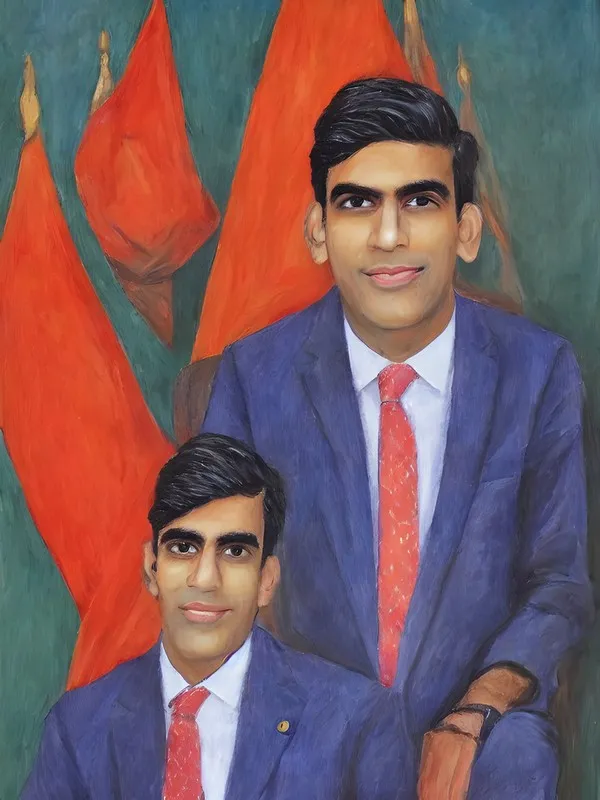
Rishi Sunak’s ‘Sick Note Culture’ Is an Attack on the Disabled
Rishi Sunak's recent announcement to strip GPs of the right to issue fit notes and instead employ non-medical staff to assess individuals' fitness to work has sparked widespread criticism and concern. Many argue that this move will harm those who are sick and disabled, forcing them back into work against their best interests. In order to understand the implications of this decision, it is crucial to analyse it through a sociological lens.
Sociology is the study of society, social institutions, and the interactions between individuals and their environments. It provides insights into the ways in which power dynamics, social norms, and cultural beliefs shape our understanding of various social issues. In the case of Sunak's decision to deny individuals the right to be assessed by medical professionals when determining their ability to work, it is important to examine the underlying social factors that may be at play.
Power
One key sociological concept that can help analyse this decision is the concept of power. Power refers to the ability of individuals or groups to influence the behaviour of others, even against their will. In this case, Sunak, as a member of the government, holds significant power and authority in determining policies that impact individuals' lives. By stripping GPs of their ability to issue fit notes, Sunak is effectively centralizing power and control over individuals' health assessments in the hands of non-medical staff. This raises concerns about the potential for misuse of power and the implications for individuals who may be unfairly denied the support they need.

